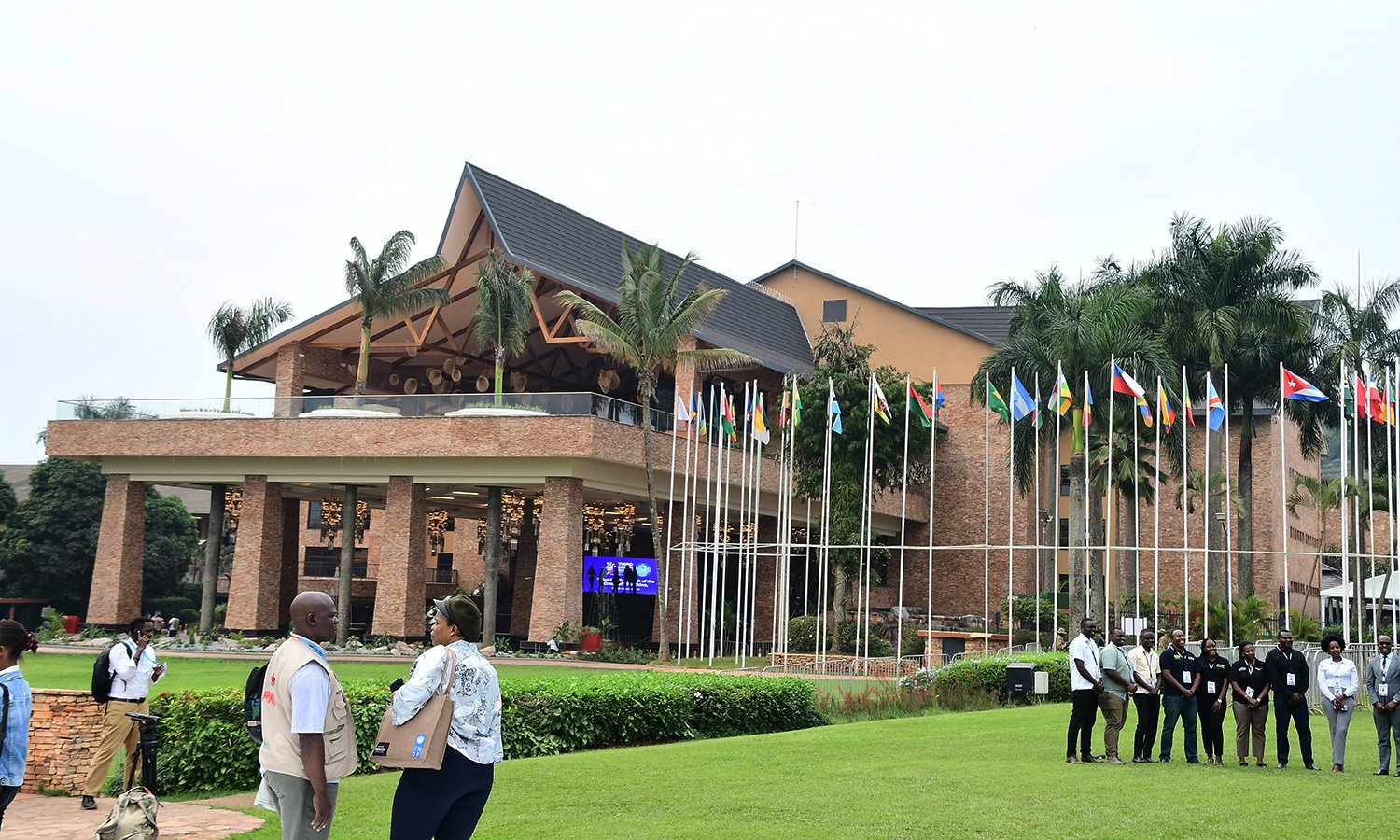Prime
NAM’S potential should catalyze access to clean, affordable energy

Lois Chepkurui Sabila
What you need to know:
While hosting international summits brings prestige, the true measure of success lies in the tangible benefits to local communities
Uganda recently marked a historic moment as President Museveni, assumed the chairmanship of the Non-Aligned Movement (NAM) for the next three years. In contrast to other international summits, such as COP28, where the benefits to ordinary Ugandans remain vague, as a human rights activist at the grassroots, I am eagerly anticipating how our own government and other stakeholders will translate the opportunities presented by the NAM into meaningful deals, for ordinary citizens in regards to access to clean,affordable and renewable energy.
With our own President leading NAM, my hope is that the appointment holds the potential to channel international attention and resources toward initiatives that directly benefit the ordinary Ugandans.
In the country, there is a huge disparity when it comes to access to clean and affordable energy between the rural and urban population, the economically advantaged and disadvantaged, largely associated with the financial burden of buying, setting up and maintaining basic clean and affordable energy alternatives for the majority of Ugandans.
With over 80 percent of the country’s population living in the rural areas and only about nine percent of those accessing electricity while the 90 percent of its rural populations depend on biomass to meet their daily energy needs, what is the future of clean energy in Uganda?
With Uganda now steering NAM, it provides a platform to continue negotiating optimal deals and secure commitments that directly address the pressing need of access to clean and affordable energy for ordinary Ugandans.
The commitment of NAM on sustainable development holds potential to shine light on initiatives aimed at reducing the gap between the urban-rural, wealthy and deprived access to clean and affordable energy gap in the country.
While a lot of economic challenges need to be addressed, a focal point post-NAM should be addressing the plight of the rural communities especially women in the context of access to clean and affordable energy.
Speaking at the NAM women’s hybrid side event, the Minister of Gender Labor and Social Development Betty Amongi, hinted on the fact that none of the 5 key targets aimed at advancing gender equality issues by 2030 has been met.
In my view, attaining goal seven of the SDGs is still far-fetched when the majority of the rural populations and some of the urban deprived most especially women are still using wood fuel, burning charcoal, to meet their energy cooking needs. Majority of the rural homesteads and some of the urban homesteads cannot afford to buy and maintain both grid and off-grid power. It’s crucial to recognize that addressing the energy needs of ordinary citizens is a direct avenue toward realising inclusive and sustainable development. Key to note is that initiatives in the energy sector can yield far-reaching benefits, such as creating employment opportunities and enhancing educational outcomes.
Notably, a significant hurdle faced by many rural farmers is the inability to add value to their produce. This results in selling raw goods at lower prices due to the lack of access to clean and affordable energy, hindering economic progress in agricultural communities.
While hosting international summits brings prestige, the true measure of success lies in the tangible benefits to local communities. Government and all stakeholders should stay on look to the commitments made during the NAM summit including the resolutions are maximumly operationalised.
Policymakers and stakeholders must prioritise revising energy policies. Creating an enabling environment for the adoption of clean energy alternatives is essential. Increased support for grassroots-led organizations advocating for measures like raising awareness about affordable clean cooking alternatives will play a pivotal role in fostering sustainable change.
Conclusively, my hope is that the legacy of hosting NAM will directly impact the lives of ordinary Ugandans.
By harnessing the momentum generated from this international summit, Uganda has the potential to pave the way for inclusive and sustainable development.
Ms Chepkurui Lois Sabila, Gender and Advocacy Officer, Nature Talk Africa.




